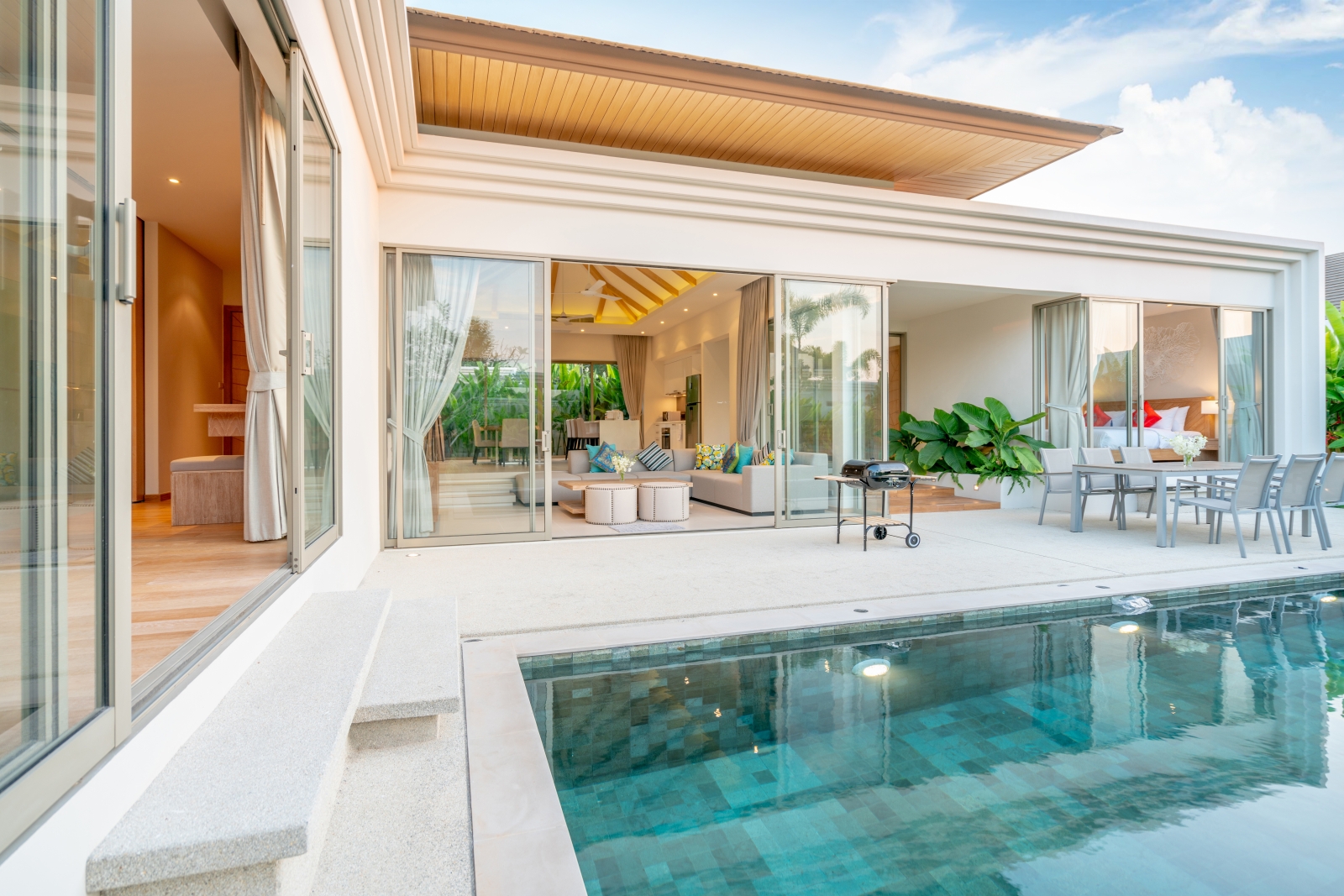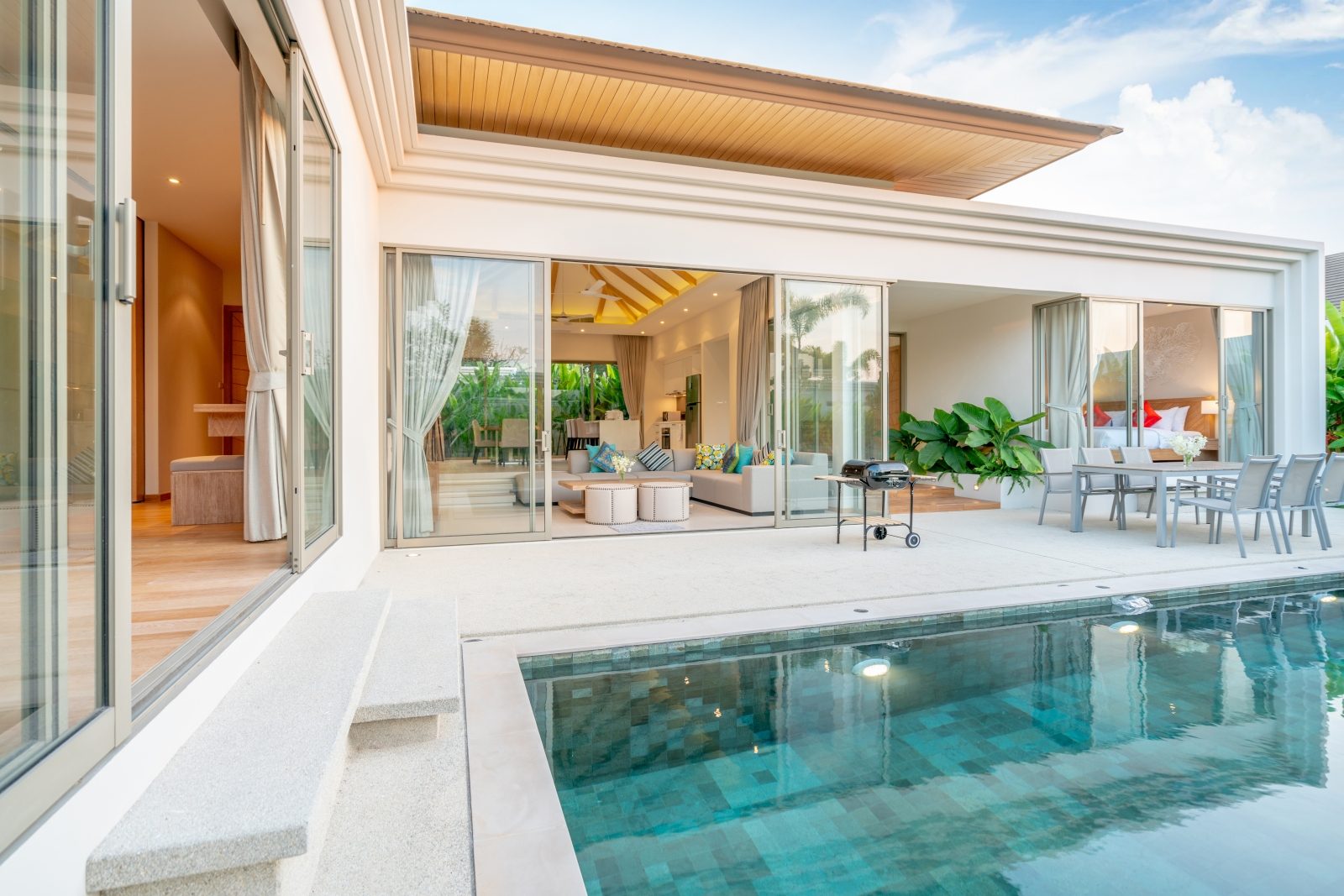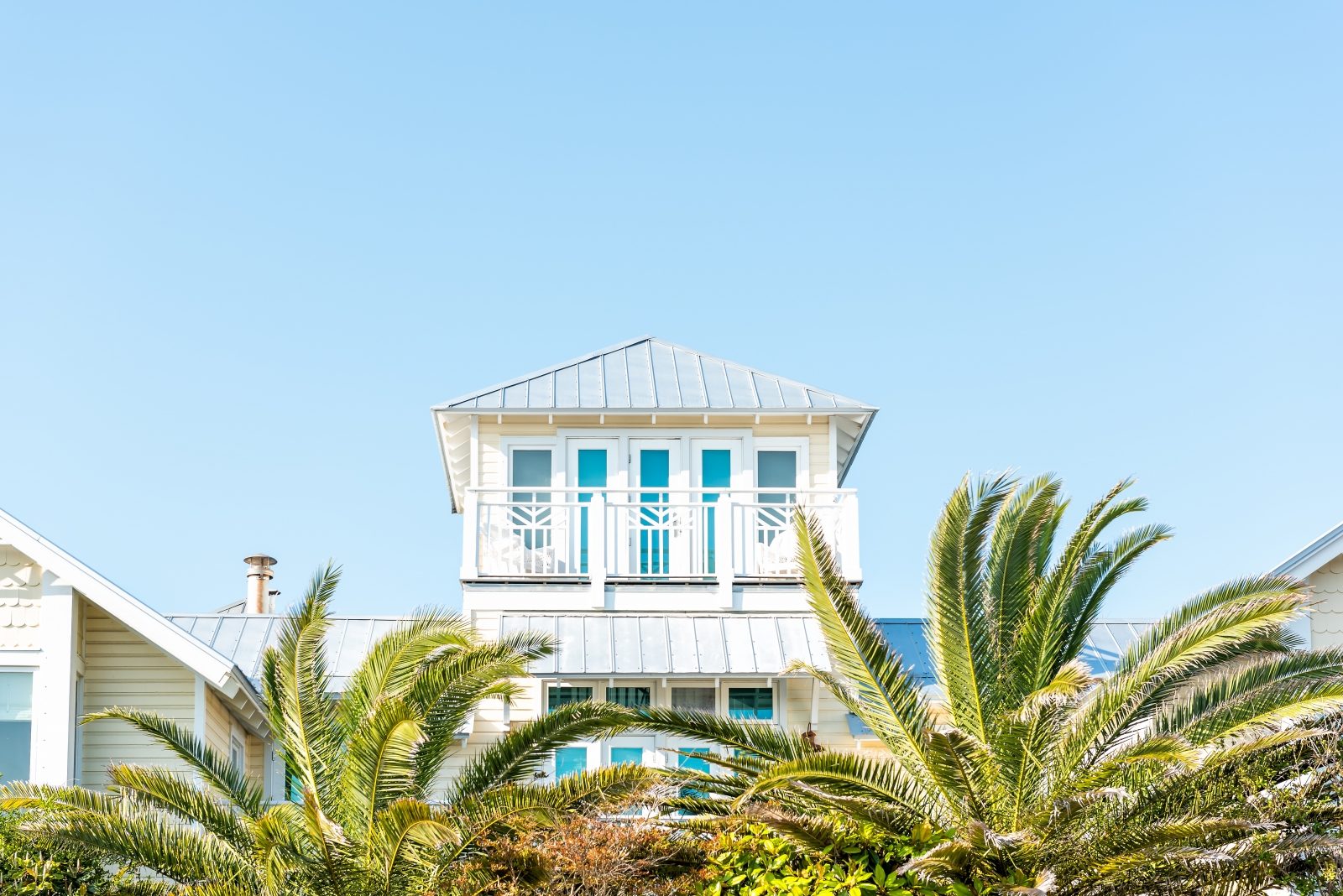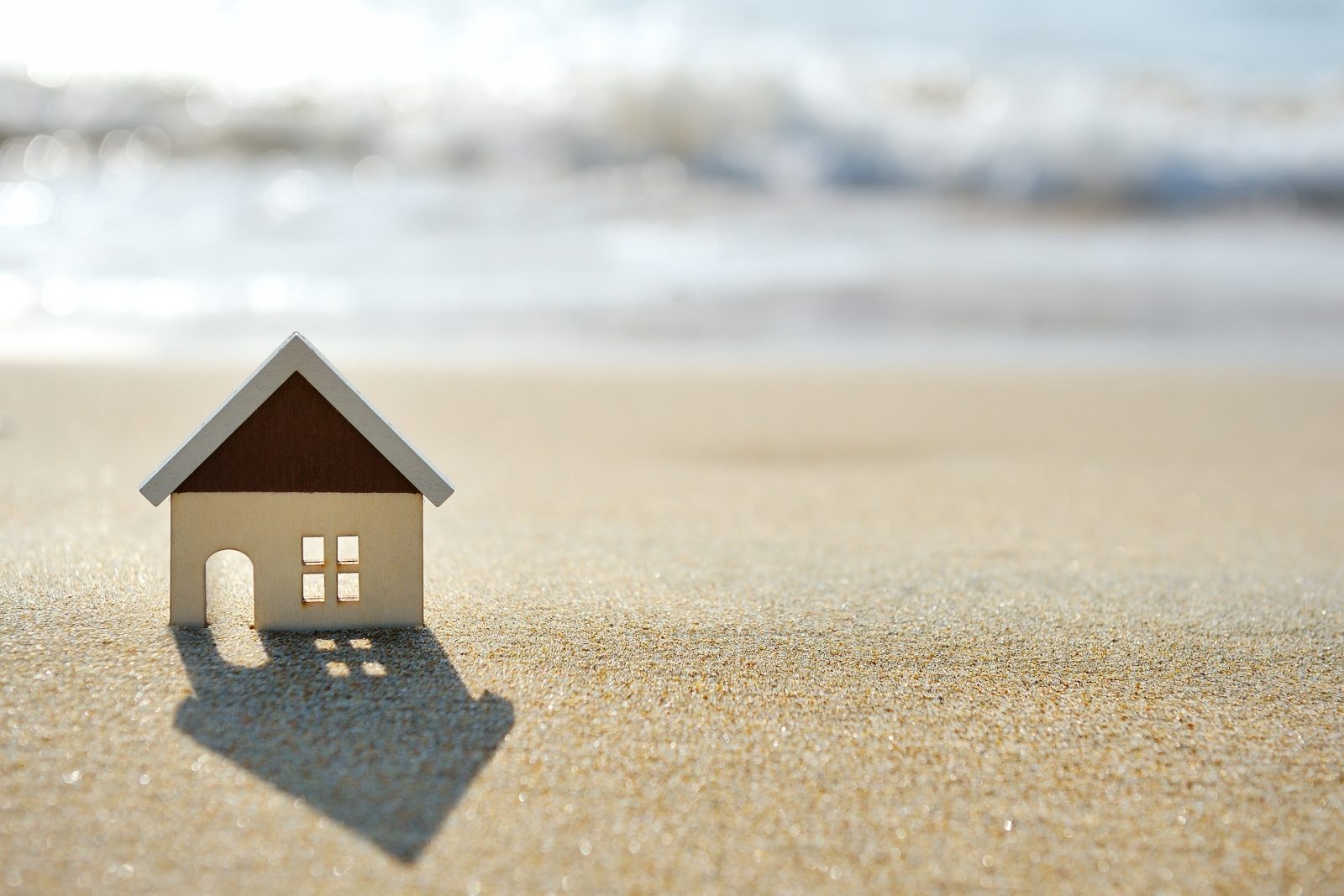In the months following the devastation caused by Hurricane Irma in late 2017, many home and villa owners in the British Virgin Islands found themselves caught up in a serious bureaucratic challenge that only exacerbated the already-considerable difficulties of living on a storm-torn island.
Amidst a crippled infrastructure and spotty telecom services, homeowners were forced to navigate and unwind a complex web of insurance policies, deductibles, claim submissions and valuations, all in an effort to secure damage settlements they had long assumed their monthly premiums would ensure. For some, the painstaking, multi-month process paid off, and they eventually received payments that served as adequate compensation for the often-severe levels of damage done to their properties. Many, however, realized too late that they were underprepared or underinsured, and that Irma’s financial impact on their lives would go unmitigated.
The difference between these two outcomes is all about the preparation, according to experts in the field. Simon Cross, a BVI insurance associate at Hyperion Risk Solutions, a Caribbean insurance brokerage, notes that doing your homework is key.
“If you haven’t already, get to know your policy terms, conditions, and exclusions,” he said, “Discuss any potential queries or concerns with your insurance professional, who should be able to clearly explain everything contained therein. It’s better to resolve issues before a loss rather than after, when it will probably be too late.”
That also means knowing what to do in the event of a claim, including who to contact and whether there are any time parameters for submission, the insurance associate adds.
“It’s recommended that you try to take pictures of the immediate damage sustained,” said Cross. “You’ll then need to supply this to your insurers and report a claim as soon as possible. While this may be tricky in the immediate aftermath, your policy should allow ample time to submit a claim.”
And if you don’t have insurance yet, Cross says it’s imperative that you choose a quality provider.
“Is your coverage provided by a reputable insurer with a financial security rating of ‘A’ or stronger?” he asks. “With rates relatively consistent throughout the BVI, it makes sense to obtain cover from the strongest available insurers.”
Preparing for Storm Season
Home and villa owners should take the time before hurricane season begins to make sure they’re prepared from an insurance perspective.
“Ensure you have a recent property reinstatement valuation from a qualified surveyor and that your sums insured reflect the total rebuild cost estimate,” Cross explains. “This is key to ensuring you can fully rebuild your property in the event of a total loss and in avoidance of the condition of average, whereby you receive only a proportion of your claim settlement in the event of a loss.”
Condition of average refers to an insurance clause that insurers can use if your property’s total declared reinstatement insurance value is less than the actual cost of rebuilding your property. For example, if a hurricane does $300,000 worth of damage to a villa that you had insured for $500,000, but that villa’s actual value was then determined to be $1 million, your claim could be reduced by the same proportion it had been underinsured by. So, instead of cashing in on a $300,000 claim, you’d only get 50 per cent of that, or $150,000.
That type of clause may not just apply to the structure of your home, either. Cross suggests creating an inventory of your personal property, which can help you determine if you’ve purchased enough insurance to protect it. It can also help accelerate your claims process if you suffer damage during a storm.
“In the event you need to evacuate, be sure your home inventory is among the important documents you take with you,” the insurance associate said, “Ensure that your contents sum insured is also accurate to the actual content value at risk. Like buildings, contents can also be subjected to the condition of average, so be aware.”
Cross recommends that landlords consider loss of rent insurance and homeowners consider an additional living expenses cover. He also points to the serious looting issues that occurred after Irma in 2017 as proof that homeowners should get accompanying burglary insurance.
“As many businesses found, the looting was treated as a separate event and as such, unless burglary coverage was in force, the theft of the business stock and contents was not covered under the hurricane coverage,” Cross explained.
Home Protection 101
Figuring out insurance options prior to hurricane season is important, but so is doing the simple pre-storm prep that can dramatically reduce the potential damage to your property.
Some steps that can be taken a day or two before a storm is predicted to make landfall include cutting down loose branches on the trees and shrubs surrounding your home, removing loose items from around your property, and sealing outdoor wall openings – including electrical outlets, garden hose bibs, and pipe entrances – with a high-quality urethane-based caulk.
Other precautions take a bit more planning, including installing storm shutters on your windows/glass doors and hurricane-proofing your doors with at least three hinges and a deadbolt lock that is at least one-inch long. Sheets of plywood can serve as substitutes to cover your windows and glass doors if you don’t have storm shutters.
All in all, preparing a home for hurricane season takes time. The more prepared you can be, the easier it will be to recover from a storm, should you need to do so.
[ts_fab]



